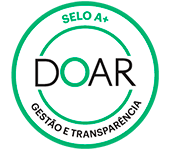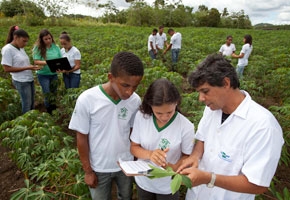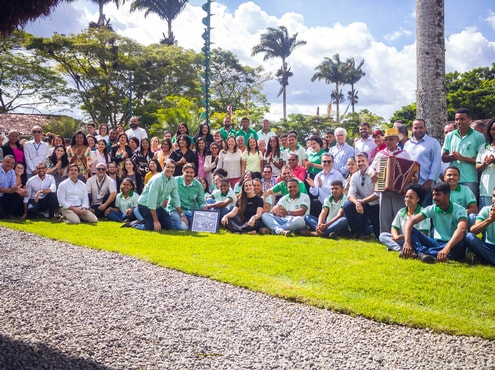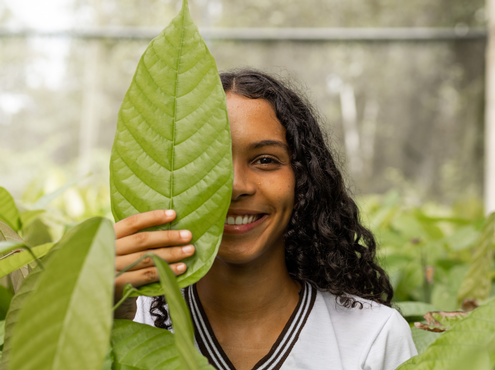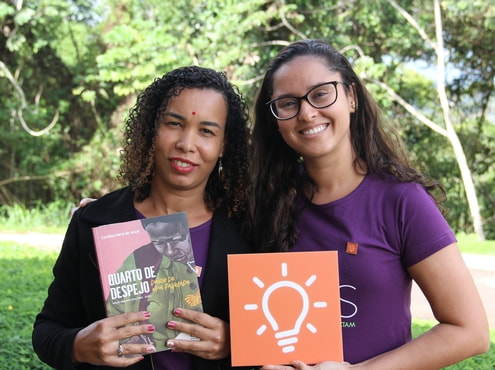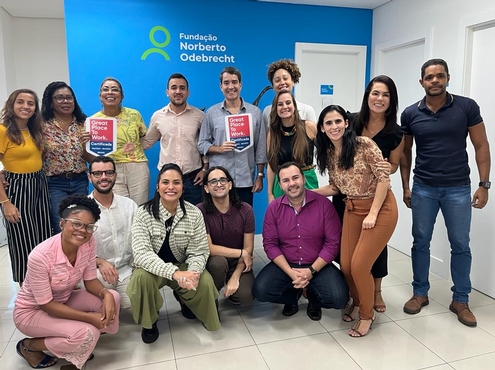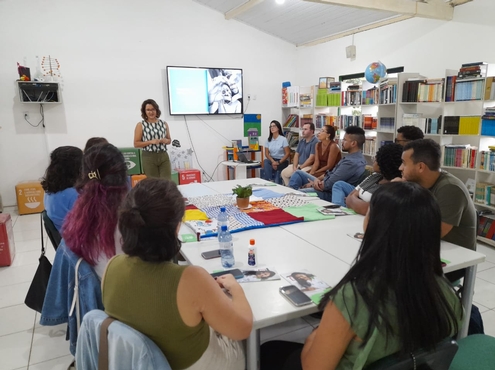Transforming the Lives and Dreams of Youth
Odebrecht Foundation, created in 1965, has defined youth as the focus of its operations for the past 25 years, assuming the mission of educating for life, through work, for values and for limits
1 de December de 2013


